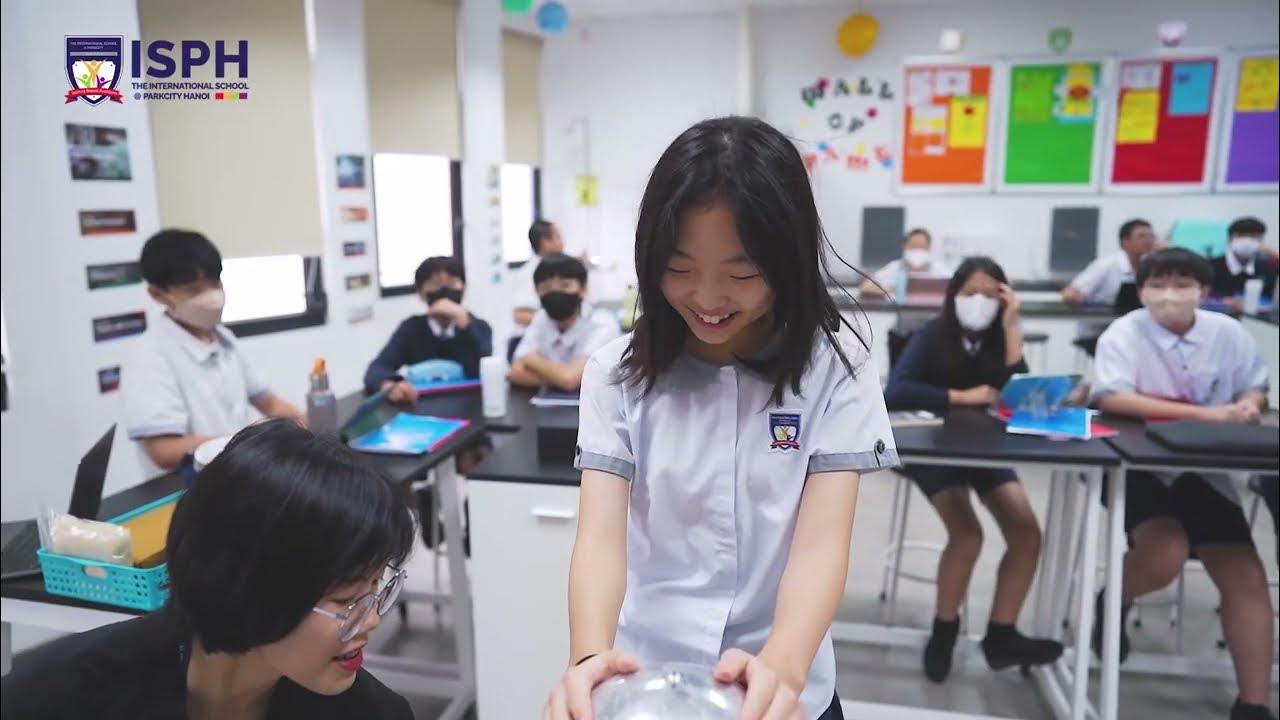How I study 13 subjects at the SAME time
Summary
TLDRThe speaker recounts their overwhelming transition from primary to secondary school, where they faced 16 new subjects. Initially struggling, they discovered a strategy to prioritize subjects, focusing on a few to achieve success before moving on to others. This approach led to a dramatic improvement in their grades, including in languages they had never studied before. The speaker emphasizes the importance of prioritization and studying similar subjects together for efficiency. They offer a free master class and a program called 'Student Accelerator' to help students excel academically.
Takeaways
- 🏫 The speaker transitioned from primary to secondary school and experienced a significant increase in the number of subjects, going from 5 to 16.
- 📚 Initially overwhelmed, the speaker had to learn to balance an extensive curriculum, including new subjects like Japanese, Latin, and various arts.
- 🕰 The speaker's commute to school was long, adding to the challenge of managing schoolwork and extracurricular activities.
- 📉 Initially struggling, particularly with Japanese, the speaker eventually improved to achieve A's in all subjects by the end of the year.
- 🎯 The importance of prioritizing subjects was emphasized as a strategy for managing a heavy academic load.
- 📈 The speaker suggests focusing on a few subjects at a time to achieve success before moving on to others.
- 🔄 A concept of 'maintenance' was introduced, where once a subject is brought to a good level, it requires less effort to keep it there.
- 🔗 The benefits of studying related subjects together were highlighted to leverage overlapping content and improve efficiency.
- 📝 The speaker recommends dividing the school term into two-week blocks to focus on specific groups of subjects.
- 🧠 Creating neural pathways by linking similar subjects can enhance memory retention and understanding.
- 🚀 The speaker promotes a program called 'Student Accelerator' that aims to help students become top performers without excessive studying.
Q & A
What was the speaker's experience when transitioning from primary to secondary school?
-The speaker experienced a significant shock when transitioning from primary to secondary school due to the sudden increase in the number of subjects, going from five to sixteen, including new subjects like Latin, Japanese, and computer science that were previously unfamiliar.
How did the speaker initially attempt to manage their studies with the new subjects?
-Initially, the speaker tried to divide their study time equally among all sixteen subjects, allocating only 7.5 minutes per subject, which proved to be ineffective.
What strategy did the speaker adopt to improve their grades?
-The speaker adopted a strategy of prioritizing subjects, focusing on three at a time, mastering them, and then moving on to the next set. This allowed them to make significant progress and eventually achieve A's in all subjects.
What is the 'Student Accelerator' program mentioned in the script?
-The 'Student Accelerator' is a program designed to help students become top performers in their class without needing to be naturally smart or study for long hours. It includes a free master class and a special pre-launch sale ending on June 1st, 2024.
How did the speaker deal with the challenge of commuting to school and managing extracurricular activities?
-The speaker faced a long commute to school and participated in extracurricular activities like music lessons, which added to their struggle. They had to learn how to balance all these demands alongside their academic responsibilities.
What subjects did the speaker find difficult to manage at the beginning of secondary school?
-The speaker found it challenging to manage new subjects like Japanese, Latin, and most of the science subjects, as they had not studied them before and had to start from scratch.
How did the speaker's approach to studying for language subjects differ from other subjects?
-For language subjects like Japanese, Latin, and French, the speaker focused on them intensively because languages cannot be crammed for and required consistent effort to build proficiency.
What method did the speaker use to reduce the workload when studying multiple subjects?
-The speaker grouped similar subjects together for study sessions, taking advantage of overlapping content and concepts to reduce the overall study time and enhance retention.
What advice does the speaker give for students struggling with multiple subjects?
-The speaker advises students to prioritize subjects, focus on a manageable group at a time, and maintain a long-term perspective, ensuring that all subjects are covered by the end of the academic year.
How did the speaker's experience with their Japanese PL (probably 'Japanese Proficiency Level') test illustrate their turnaround in academic performance?
-The speaker initially scored very low on their Japanese tests but managed to achieve A's by the end of the year, demonstrating a significant improvement and mastery of the subject.
Outlines

このセクションは有料ユーザー限定です。 アクセスするには、アップグレードをお願いします。
今すぐアップグレードMindmap

このセクションは有料ユーザー限定です。 アクセスするには、アップグレードをお願いします。
今すぐアップグレードKeywords

このセクションは有料ユーザー限定です。 アクセスするには、アップグレードをお願いします。
今すぐアップグレードHighlights

このセクションは有料ユーザー限定です。 アクセスするには、アップグレードをお願いします。
今すぐアップグレードTranscripts

このセクションは有料ユーザー限定です。 アクセスするには、アップグレードをお願いします。
今すぐアップグレード関連動画をさらに表示

Our School Series 1 Episode 01 | We Are Year 7

ISPH | Full School Tour | Whole Campus + ParkCity Club

Solid Gold 2 Unit 3 InTransition

1 STUDY TIP for EVERY subject I ACED in my GCSEs 📚

🩰📔 how to stay organised + aesthetic school supplies (ft. stationery pal haul) | folders & notes

Español - La escuela en España
5.0 / 5 (0 votes)
